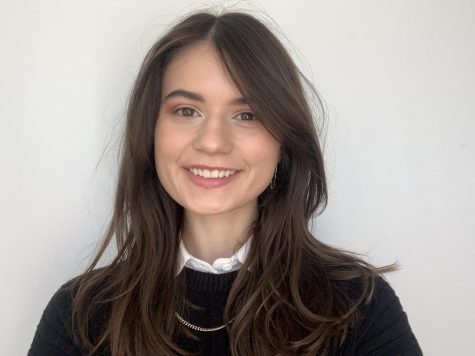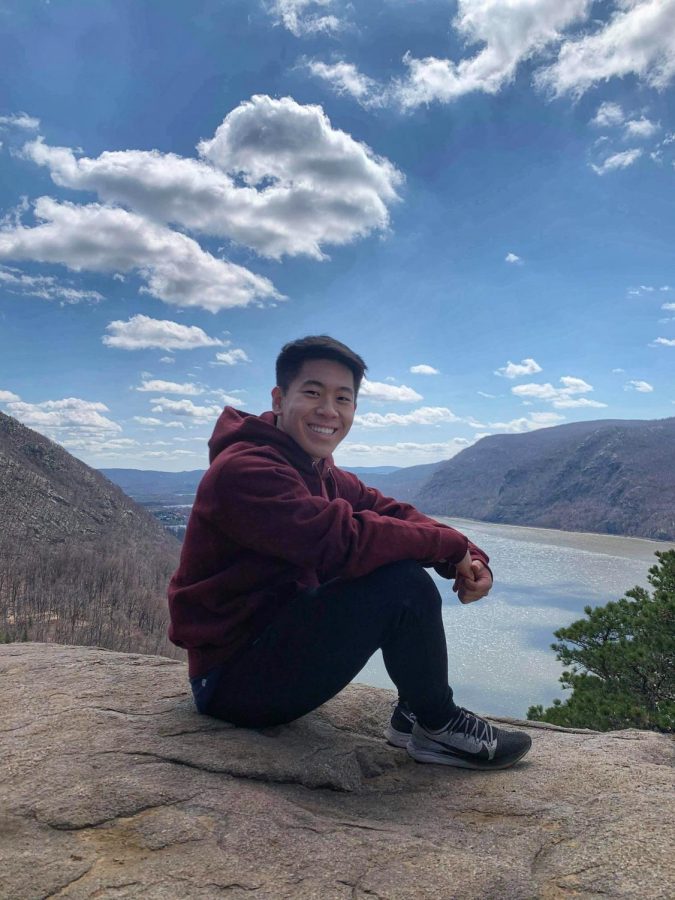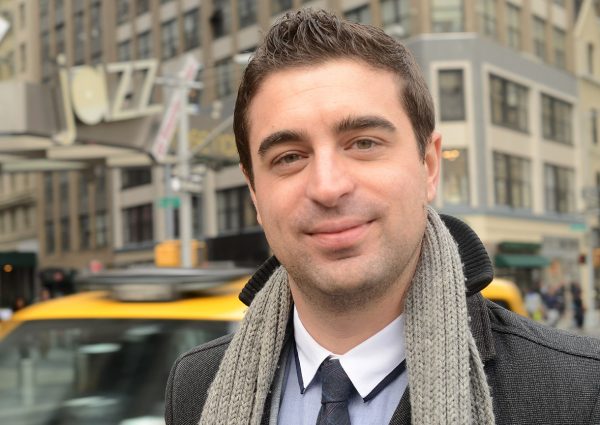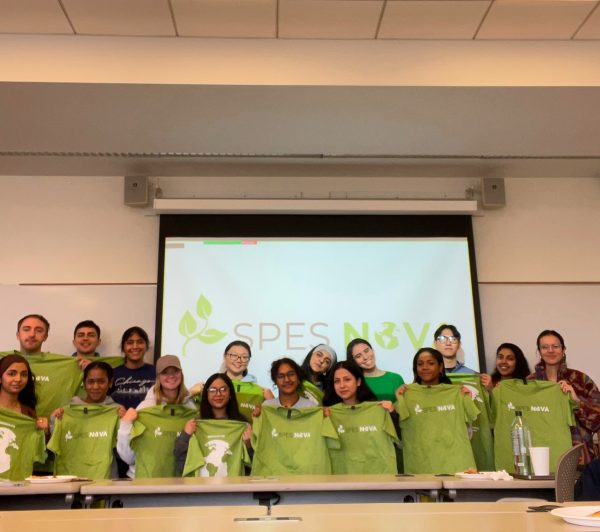International Students Talk Bridging the Cultural Gap Between East Asia and the U.S.
In the last year, the United States has seen an increase in anti-Asian violence and racism as people search for somewhere to place the blame following the devastation of the COVID-19 pandemic. Politicians and pundits, most notably former President Donald Trump, have spread harmful and unproven rhetoric suggesting that China purposefully unleashed the deadly virus on the rest of the world. The result has been a rising tide of prejudice and mistrust that has had severe consequences for Asian Americans across the country.
Of course, anti-Asian racism existed long before the arrival of the COVID-19 virus in the United States. A lack of understanding of Chinese and other East Asian nations’ cultures has often colored how Americans view immigrants and travelers from those countries.
Tina Zou, FCRH ’23, and Arthur Liu, FCRH ’23, are both international students from East Asia who have observed this lack of understanding of Chinese history and culture firsthand.
“It has always been difficult and intimidating on a day-to-day basis,” said Zou. “The [common conception] of how Asians are like does not change because of the coronavirus. If anything, it only adds on to what people already think of Asians.”
Neither Zou nor Liu had lived in a place where they were part of a racial minority before they relocated to the United States for school, though both were familiar with Western culture before they moved to America.
Liu’s father grew up in Malaysia and his mother is from Hong Kong, and Liu is a dual citizen of both Malaysia and Hong Kong. His family is Han Chinese, and he grew up in Hong Kong, where the overwhelming majority of the population is also Han Chinese. He attended private school there until his college years when he moved to New York City to attend Fordham.
When he first moved and became more familiar with the Bronx, Liu was struck by the racial and ethnic diversity of the city. “Hong Kong is very homogenous,” said Liu. “I’m in the racial majority [there]. I was never quite used to being the minority, and I was also not used to all of the different cultures here.”
While Zou’s family is Chinese, she was born in Tokyo, Japan, and lived there for the first few years of her life. Her father took her back to Beijing when she was seven years old to receive her education. He wanted to allow her to become more integrated into her “mother culture,” explained Zou.
After she finished her middle school years in a public school in China, Zou wanted to use her time in high school to explore a new culture. She traveled to the United States to attend three years of high school in Virginia Beach, where she stayed with an American host family. After graduation, she chose to stay in America to complete her college education at Fordham.
Unlike many Asian Americans who grow up here and learn to recognize and react to anti-Asian racism, Zou said she had difficulty recognizing problematic behavior in friends and classmates at first. There are certain racist phrases and hand gestures that she had never encountered before coming to America, and she had to be taught by Asian Americans who were more versed in how anti-Asian racism manifests, explained Zou. “Before I came to the United States, I didn’t know [what anti-Asian racism looks like],” said Zou. “If I stayed in China my entire life, I wouldn’t know what phrases were linked to racism.”
Liu said he remembered an incident at a party before the pandemic that shifted his understanding of racism in America. A few non-Asian students assumed he was not from America, even though Liu speaks fluent English and, by his own admission, sounds like an American when he speaks. While Liu didn’t think much of the encounter, some of his Asian American friends perceived the interaction quite differently.
“For them, that meant something different,” explained Liu. “I’m genuinely not from here … But they were born here and have every right to be here and are as American as anyone else. That was a very eye-opening experience for me.”
But Zou said her response to racist language from peers has always been to report their behavior or brush it off, especially when she was in high school. “There aren’t that many things we can do about it because, apparently, kids are ‘young,’ and ‘they don’t know stuff’ and they ‘just joke about things,’” said Zou. “Regardless of what their intention is, we can’t change how they think and behave.”
When asked about any misconceptions he has noticed about his home country while studying in the United States, Liu expressed frustration with Americans’ tendency to express strong opinions on Chinese political issues without actually educating themselves on Chinese history and culture beforehand.
As someone who grew up in Hong Kong, which exists at the center of cultural and political struggle between China and Western nations like Britain and the United States, Liu said he wants Americans to engage with the nuance and complexity of the relationship between Hong Kong, China and the West. “You need to learn about history in order to talk about politics,” said Liu. “The way [Americans] arrive at their political opinions is through Western media, which is very biased.”
Liu also suggested that part of Americans’ lack of knowledge about China and other East Asian countries is the “one-way cultural exchange” between the United States and those nations. “You see a lot of people from East Asia coming to the West,” observed Liu. “You don’t see a lot of that the other way.”
The same is true when it comes to consuming Western media, said Liu. “A lot of people in China can read English,” said Liu. “They can access the BBC, albeit through VPNs or unofficial channels. They can fully comprehend everything. A lot of people in the West don’t understand Chinese, so they don’t understand what’s happening, for better or for worse, in Asian society.”
Zou said there should be more of an effort by Americans to unlearn harmful stereotypes about China. She is especially frustrated with her observation that some Americans’ distrust of the Chinese government translates into distrust and prejudice towards Chinese people.
“People should separate what the government is doing with what Chinese people and Chinese culture are really like,” said Zou.
In the years since she moved to the United States for school, Zou said she has not taken any prejudice she has faced to heart. “I never took any racist ideas personally,” said Zou. “The gap between Western and Asian culture is huge, and there are so many things that people don’t know about each other.”
Liu said the first step to understanding the culture and politics of countries in East Asia is to travel (post-pandemic, of course) and actively educate oneself on their histories. “Engage with the histories of these countries,” said Liu.
This is one way non-Asian Fordham students can be allies to their Asian and Asian American peers. “You don’t necessarily have to be super public about it,” said Liu. “But you should educate yourselves, and when the time calls for it, stand up.”

Abbey Delk is a junior from Wheeling, West Virginia, double majoring in English and journalism and minoring in film & television. Her career at the...











































































































































































































